School of Architecture Urban Planning Construction Engineering
AUIC School
The complexity of transformations in cities, territories, and contemporary living requires advanced education that combines the best traditions of the field with experimentation and innovation, enabling future graduates to compete both nationally and internationally in the world of architecture, urban planning, and construction engineering.
The School of Architecture, Urban Planning and Construction Engineering trains graduates to be competent in design and construction fields, capable of responsibly addressing contemporary challenges: from buildings to interior spaces, from cities to territories, to landscapes, to the preservation and renovation of cultural heritage, to the sustainability of construction and the transformation of architectural, urban, and environmental resources.
The focus of the School's Study Programs is on design, understood as a synthesis of multiple knowledge domains, an expression of polytechnic culture that combines contributions from humanities and arts with those of exact sciences and techniques.
The close relationship between teaching activities and research, conducted in the University's Departments, establishes the School as a place for knowledge production, innovation, and advanced cultural development.
Students at the AUIC School have the opportunity to study in an international environment, preparing them to operate in an increasingly globally integrated job market. The internationalization project builds upon Italian tradition to spread polytechnic culture worldwide, moving towards an open and multicultural approach based on a qualified network of international relationships.
There are numerous students from other countries around the world, as well as international faculty and Visiting Professors whom the School welcomes each year to conduct courses, laboratories, and workshops. The School promotes exchange activities and double degree programs with the most accredited international universities.
Read more
In 2016, the AUIC School was refounded from the previous teaching experiences gained at the Politecnico di Milano within the School of Architecture and Society, the School of Civil Architecture, and the School of Building Engineering Architecture.
The re-foundation project was based on the tradition of the Milan School of Architecture, opened in 1865 as the "section for civil architects" of the Royal Superior Technical Institute of Milan, which combined the artistic disciplines of the Brera Academy with the technical-scientific disciplines of the Royal Institute. The Politecnico tradition, the rich legacy of the masters and the strong roots in the Milanese and international context form the substratum on which the School of Architecture Urban Planning Construction Engineering has traced its path of renewal.
We are facing a high fragmentation and specialization of skills, the progressive modification of work tools due to digitalization and the acceleration imparted by the development of intangible communication networks, with significant consequences on the spatial reorganization of cities and territories. The School has a duty of continuous verification of training courses so that degree programs can train young architects, urban planners, engineers and construction technicians, and landscape architects, solid in the fundamentals and tools acquired, open-minded and creative, capable of facing the challenges of the future by design, and endowed with marked critical capacity to enable them to face the profession with critical sense, ethics and responsibility in a rapidly changing world. This appears all the more urgent from the global crises we are currently experiencing: the emergency generated by the pandemic has confronted us both with new ways of approaching education through digital instrumentation, but above all, with challenges to be faced on the terrain of living and the forms of organization of urban and settlement space. The climate emergency makes it imperative to find solutions and refine skills toward protecting and sustaining the built environment.
Training in the field of construction is called upon today to confront a reference scenario in which certain imperatives, precisely in the context of the processes of transformation of the built environment, take on decisive relevance: the mitigation of anthropogenic impacts on the planet; adaptation to contexts strongly conditioned by climate change; and digitalization. These imperatives have long been present in political agendas at all levels. Still, today, the urgency with which actions capable of producing effective responses are required leads to a generalized revival of the sector and a widespread demand for skills long neglected.
Ecological transition and digitization are, therefore, the starting point for the clarification of the School's cultural and educational project, where these issues require particular technical skills and continuous updating of tools that are only sometimes at the centre of university training courses.
Read more




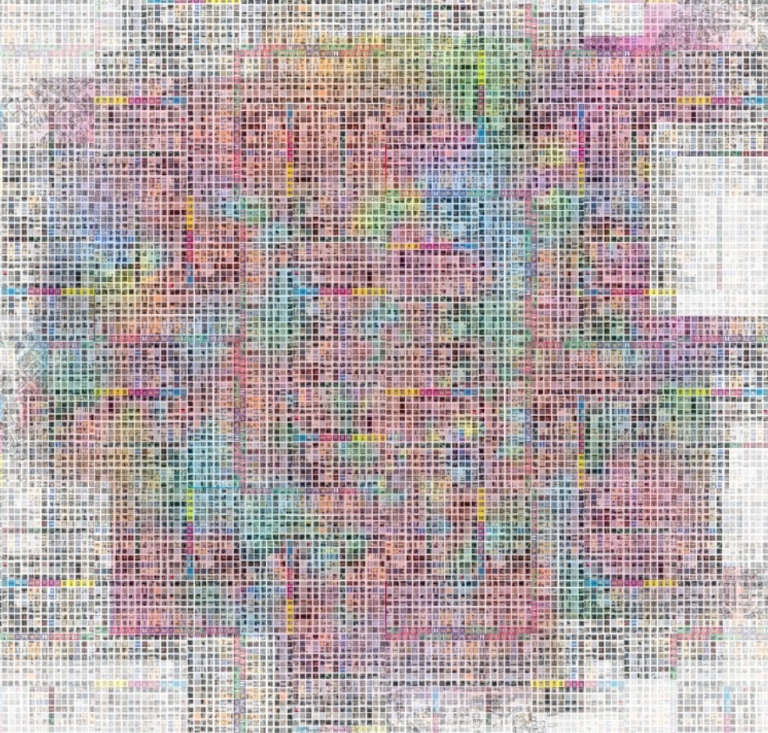



![[Translate to English:] [Translate to English:]](/fileadmin/user_upload/auic/scuola/Eventi/2026/Screenshot_2025-11-24_alle_13.26.02.png)
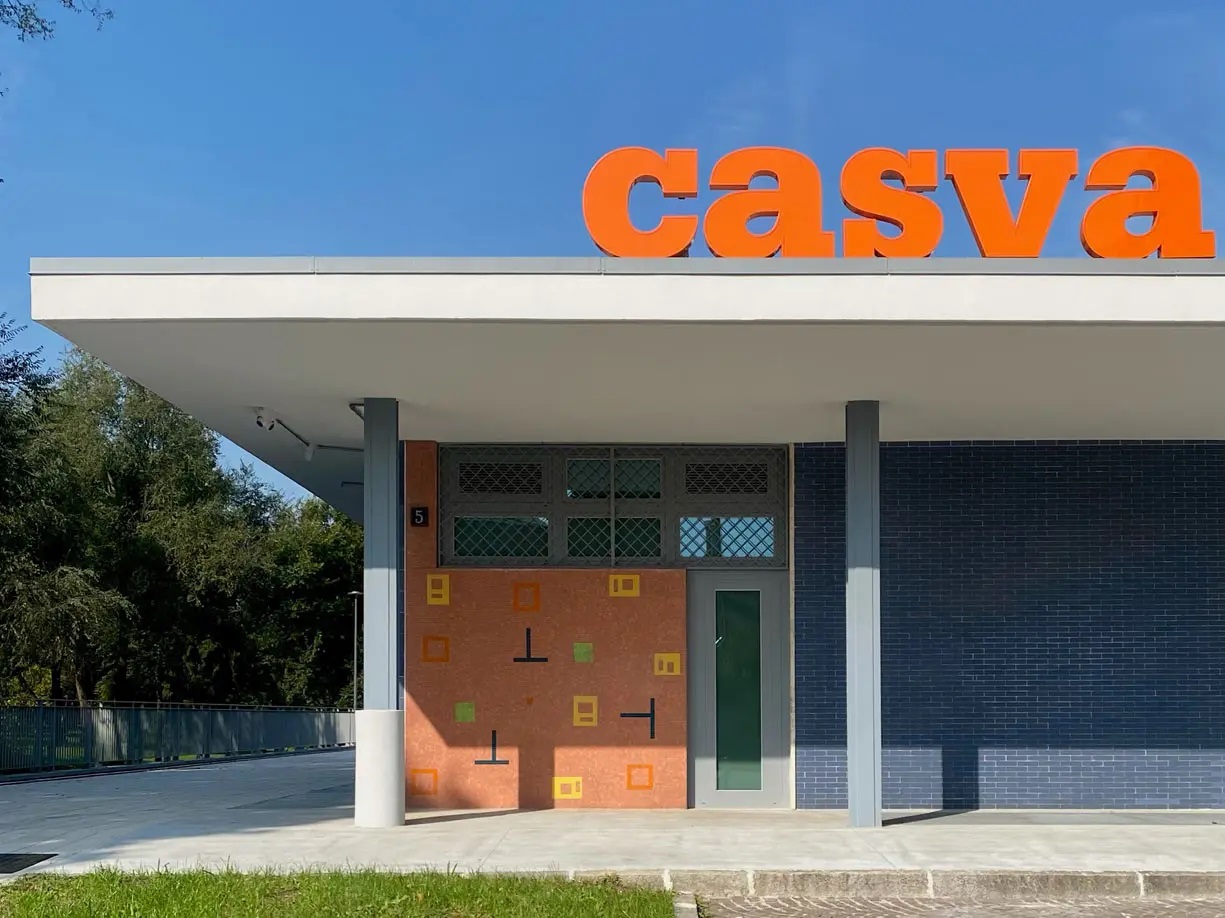



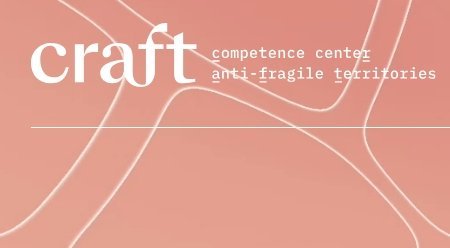
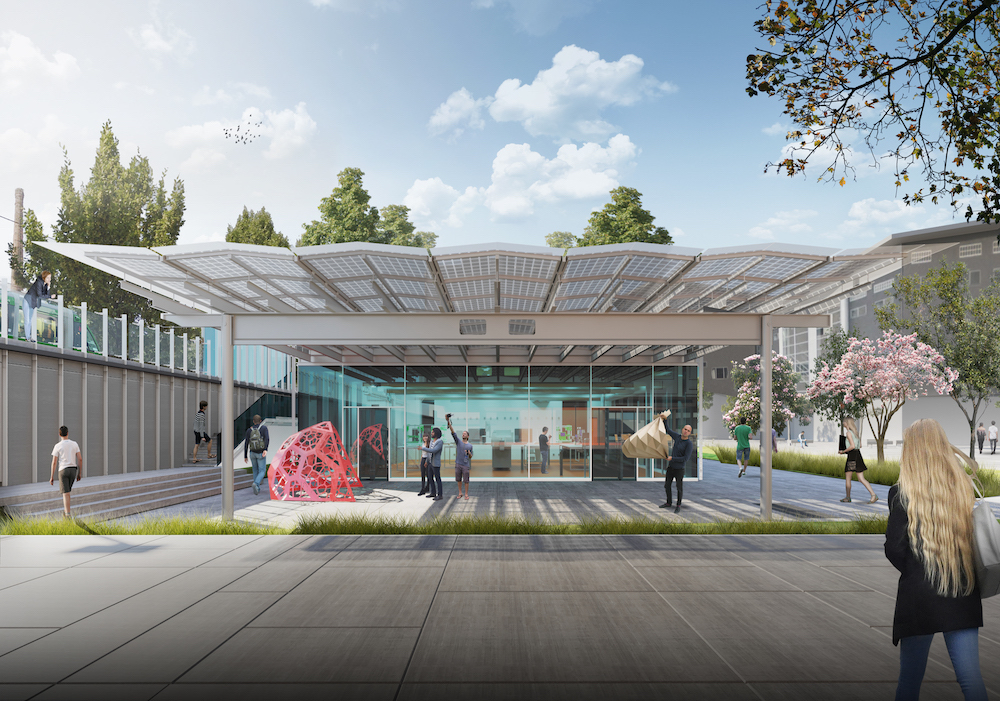

![[Translate to English:] [Translate to English:]](/fileadmin/user_upload/auic/media/image/a_rossa__1_.jpg)
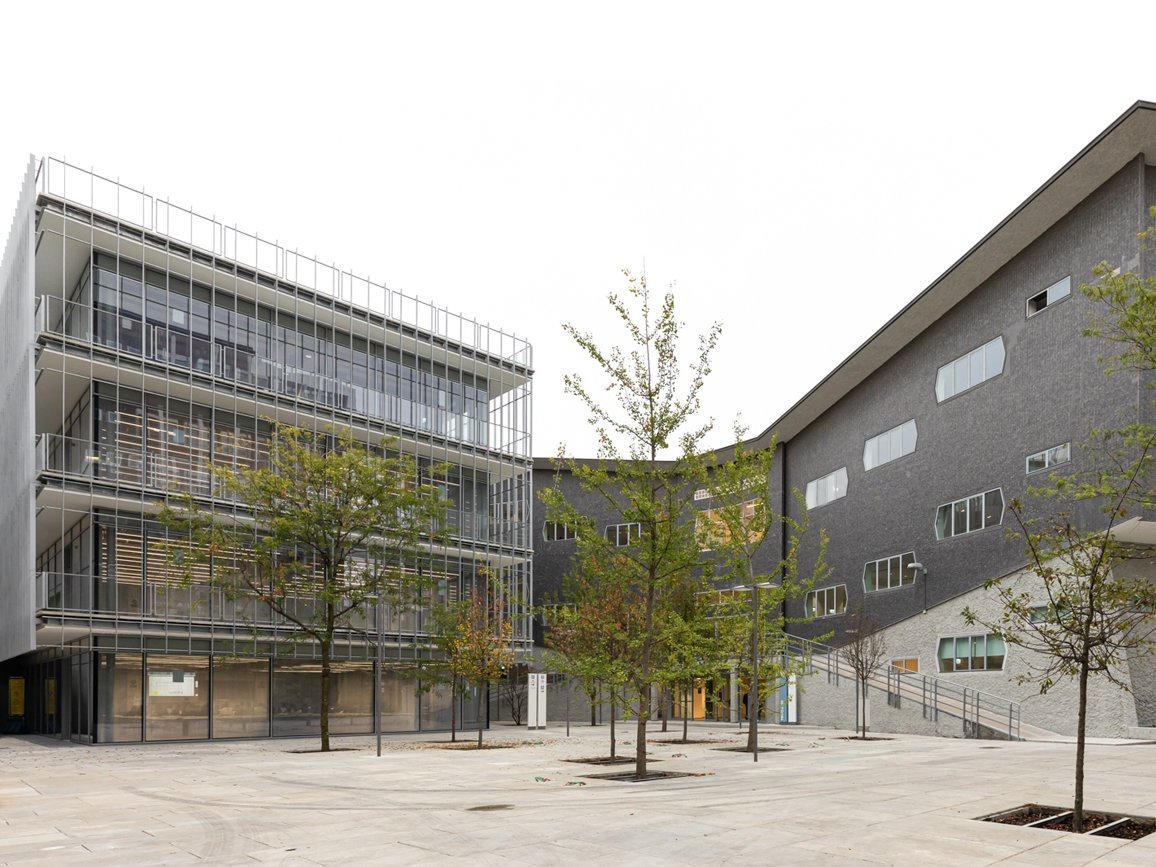

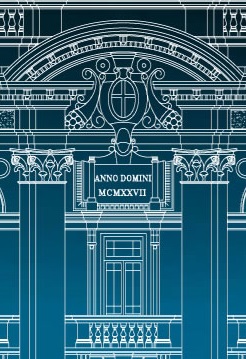

![[Translate to English:] [Translate to English:]](/fileadmin/user_upload/auic/home/News_studenti/news_studenti_26/Frame_5.png)